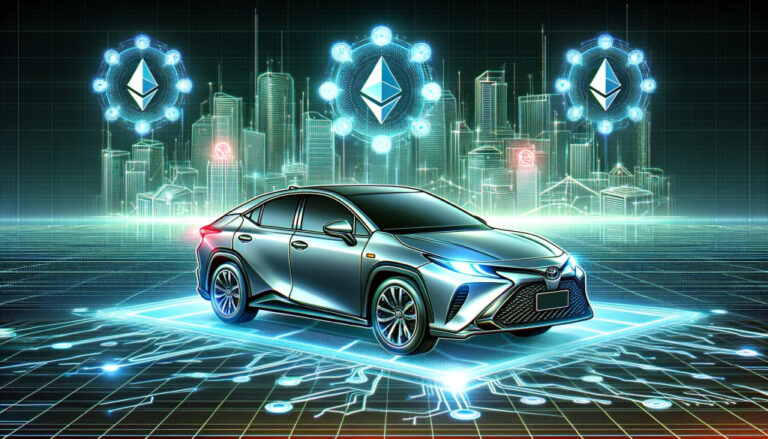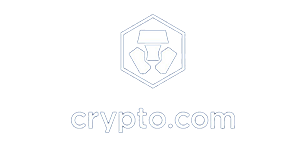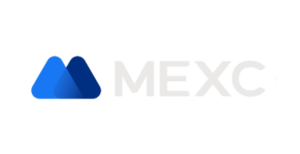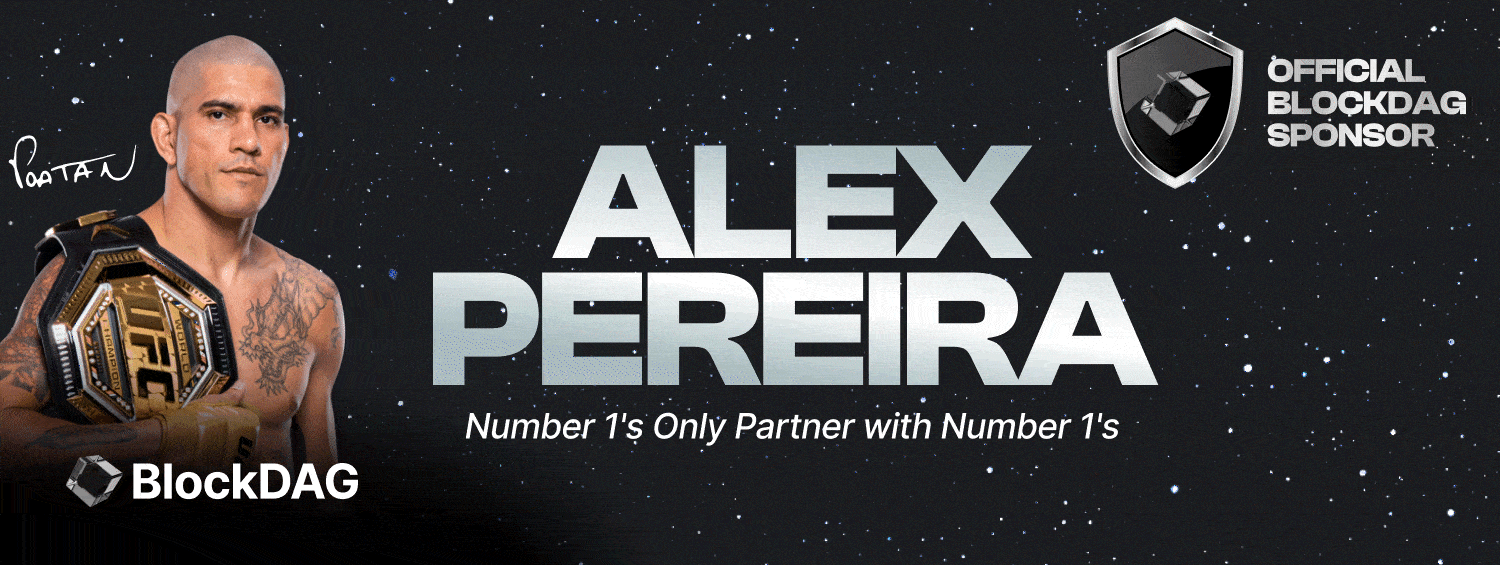
Japanese automotive giant Toyota is considering leveraging Ethereum blockchain in designing vehicle Mobility-Oriented Account (MOA).
In a groundbreaking move, Toyota Blockchain Lab has adopted Ethereum’s ERC-4337 standard, aiming to revolutionize mobility solutions with advanced blockchain technology.
The design proposes creating blockchain digital accounts for cars, potentially enabling fully autonomous driving in the future.
Unveiled last week as a part of Toyota’s Mobility 3.0 concept, the project centers around exploring mobility as a smart account on the blockchain.
Introducing vehicle mobility onto public blockchains brings tokenizing rights, making a car function as a completely independent service entity.
“The most extreme scenario suggested by these features is fully autonomous driving in the future,” Toyota’s blog post read. Autonomous mobility no longer requires human operation as all rights are handled in the on-chain world, it added.
Every Toyota Car Has Own Account on Ethereum
Toyota is exploring how to design MOA, based on the Account Abstraction standard ERC-4337 on Ethereum.
Interestingly, the car behemoth noted that such an MOA design on ERC-4337 makes sure that blockchain account for a car retains, even if the private key is lost.
“Account Abstraction separates the authentication process from key management, ensuring that the account itself is retained even if the private key is lost,” Toyota wrote. “This enables safer and more flexible account management.”

Further, leveraging Ethereum will also manage information about the car, such as usage history, more transparently and efficiently.
Besides, ERC-4337 allows the “deterministic setting of an address before the account is deployed.” This helps in bridging the existing vehicle ID systems with on-chain addresses.
Toyota also proposed key token concept, which complies with NFT standard and holds car owner information and “usage rights.”
“By expressing car access as NFTs tied to MOA, permissions can be controlled simply by transferring NFTs,” it noted.
“This allows handling ‘usage rights’ digitally without being conscious of the hardware, making it easier for developers to realize services such as car sharing.”
Exploring the CREATE2 Opcode
Toyota also intends to investigate the CREATE2 opcode proposed in EIP-1014, which is an additional distinctive feature of ERC-4337. In this way, an address can be configured in advance of the account’s deployment in a predictable manner.
Toyota’s Blockchain lab has proposed the mobility-oriented account-based project for vehicles. The lab is a virtual organization established in 2019 within the Toyota Group to promote the use of blockchain.
Ethereum’s community is also regarded as a valuable asset by Toyota. “We are excited about new proposals from the Ethereum community, including EIP-7702. While there are many challenges to the mass adoption of practical smart accounts, we are pleased to contribute to their use cases as a mobility company,” Toyota said.


























